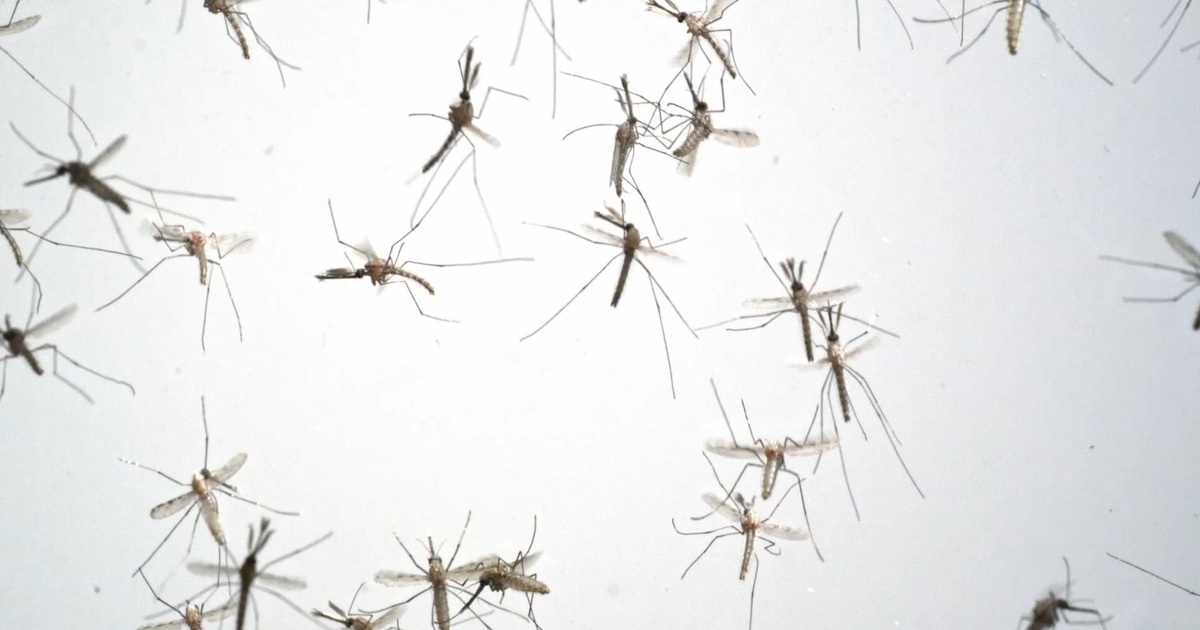- 2.9Impact Factor
- 5.6CiteScore
- 19 daysTime to First Decision
Population Genetics of Mosquitoes
This special issue belongs to the section “Insect Systematics, Phylogeny and Evolution“.
Special Issue Information
Dear Colleagues,
We are open for submissions for a Special Issue of Insects dedicated to advancing our understanding of mosquito population genetics—a cornerstone of vector control, evolutionary ecology, and emerging genetic technologies. This Special Issue will include original research, reviews, and perspectives that explore topics such as the following:
- Gene flow, hybridization, introgression, and speciation;
- Genetic control, including SIT, gene drive strategies, and resistance evolution;
- Integrative approaches combining genomics, modeling, and field data.
Contributions that bridge ecological, ethical, and translational dimensions are especially welcome. Basic and applied population genetics has shaped and will continue to shape our understanding of mosquito biology and the control of the human and animal diseases that they transmit. We warmly invite you and your colleagues to contribute to this project.
Prof. Dr. Gregory C. Lanzaro
Guest Editor
Manuscript Submission Information
Manuscripts should be submitted online at www.mdpi.com by registering and logging in to this website. Once you are registered, click here to go to the submission form. Manuscripts can be submitted until the deadline. All submissions that pass pre-check are peer-reviewed. Accepted papers will be published continuously in the journal (as soon as accepted) and will be listed together on the special issue website. Research articles, review articles as well as short communications are invited. For planned papers, a title and short abstract (about 250 words) can be sent to the Editorial Office for assessment.
Submitted manuscripts should not have been published previously, nor be under consideration for publication elsewhere (except conference proceedings papers). All manuscripts are thoroughly refereed through a single-blind peer-review process. A guide for authors and other relevant information for submission of manuscripts is available on the Instructions for Authors page. Insects is an international peer-reviewed open access monthly journal published by MDPI.
Please visit the Instructions for Authors page before submitting a manuscript. The Article Processing Charge (APC) for publication in this open access journal is 2600 CHF (Swiss Francs). Submitted papers should be well formatted and use good English. Authors may use MDPI's English editing service prior to publication or during author revisions.
Keywords
- mosquitoes
- cytogenetics
- gene flow
- introgression
- gene drive
- insecticide susceptibility/resistance
- immunogenetics
- landscape/ecological genetics
- phylogenetics
- invasive species

Benefits of Publishing in a Special Issue
- Ease of navigation: Grouping papers by topic helps scholars navigate broad scope journals more efficiently.
- Greater discoverability: Special Issues support the reach and impact of scientific research. Articles in Special Issues are more discoverable and cited more frequently.
- Expansion of research network: Special Issues facilitate connections among authors, fostering scientific collaborations.
- External promotion: Articles in Special Issues are often promoted through the journal's social media, increasing their visibility.
- e-Book format: Special Issues with more than 10 articles can be published as dedicated e-books, ensuring wide and rapid dissemination.

